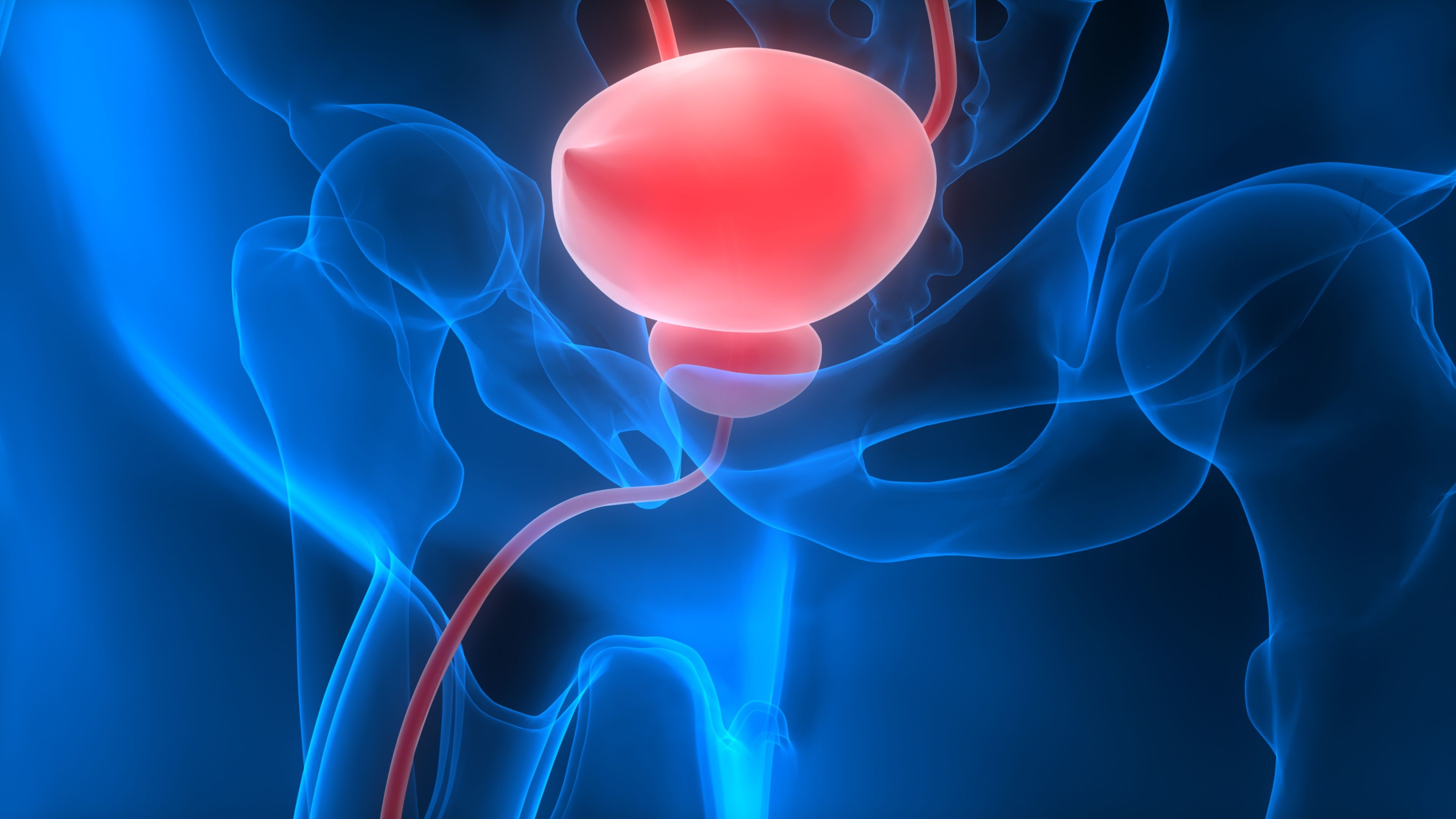FDA Declines N-803 Combo Approval in Non-Muscle Invasive Bladder Cancer
The FDA requests additional data and a safety update regarding N-803 plus BCG as a treatment for patients with BCG-unresponsive non-muscle invasive bladder carcinoma.
The FDA has declined to approve a biologics license application (BLA) for N-803 (Anktiva) plus Bacillus Calmette-Guérin (BCG) as a treatment for patients with BCG-unresponsive non-muscle invasive bladder carcinoma (NMIBC), according to a press release from ImmunityBio.1
N-803 plus BCG was under investigation as a treatment for patients with non-muscle invasive bladder cancer in the phase 2/3 QUILT 3.032 trial.

Following the FDA’s acceptance of the BLA for N-803 plus BCG in the aforementioned indication in July 2022, the agency noted that it could not approve the application in its current form due to deficiencies observed during a pre-license inspection of the manufacturer’s third-party contract firms.2 Although the agency did not require any additional preclinical or late-stage clinical trials to supplement the BLA, it requested manufacturers to provide more data and a safety update in their resubmission.
The manufacturers of N-803 plan to request a prompt meeting with the FDA to address the agency’s requests and expedite the approval process.
The BLA for N-803 plus BCG was supported by data from the phase 2/3 QUILT 3.032 trial (NCT03022825), in which investigators evaluated the regimen in BCG-unresponsive NMIBC. Data published in The Journal of Clinical Oncology indicated that in a cohort of patients with carcinoma in situ for whom previous therapies had failed, the a complete response (CR) rate was 71% (95% CI, 59.6%-80.3%).3
Additionally, the median duration of response was 26.6 months (95% CI, 9.9-not reached), and 9% of responders and 12% overall required cystectomy. The 12-, 18-, and 24-month bladder cancer-specific progression-free survival rates were 96.4% (95% CI, 86.2%-99.1%), 96.4% (95% CI, 86.2%-99.1%), and 96.4% (95% CI, 86.2%-99.1%).
In a cohort of patients with papillary disease, the 12-month and 24-month disease-free rates, respectively, were 55% (95% CI, 42%-67%) and 48% (95% CI, 35%-61%). Moreover, 94% of patients in this cohort avoided cystectomy.
All patients in the open-label, multicenter phase 2/3 QUILT 3.032 study received 50 mg of BCG plus 400 μg of intravesical N-803 every week for 6 weeks or reinduction for 6 weeks plus maintenance for up to 3 years.
Patients with histologically confirmed recurrent or persistent carcinoma in situ with or without recurrent Ta-T1 disease within 12 months of receiving adequate BCG were eligible for inclusion in cohort A (n = 84). Those who had recurrent high-grade Ta-T1 papillary disease within 6 months of completing treatment with adequate BCG were eligible to receive treatment in cohort B (n = 77).
Patients who had a life expectancy of less than 2 years, and history or evidence of uncontrollable central nervous system disease were not able to enroll on the trial.
In cohort A, the primary end point was the CR rate at 3 or 6 months. In cohort B, the primary end point was the 12-month disease-free rate. Secondary end points included the duration of CR, cystectomy avoidance, and time to cystectomy.
Frequent grade 1/2 treatment-related adverse effects (TRAEs) included dysuria (22%), pollakiuria (19%), hematuria (18%), fatigue (16%), and urgency (12%). Investigators observed no grade 4/5 TRAEs, and there were no serious AEs (SAEs) that they considered to be related to treatment. Additionally, there were no immune-related SAEs.
References
- FDA declines to approve ImmunityBio's bladder cancer therapy, shares slump. News release. ImmunityBio. May 11, 2023. Accessed May 11, 2023. bit.ly/3nSoDnj
- ImmunityBio announces FDA acceptance of biologics license application for N-803 in BCG-unresponsive non-muscle-invasive bladder cancer carcinoma in situ. News release. ImmunityBio. July 28, 2022. Accessed May 11, 2023. bit.ly/3p1lkKJ
- Chamie K, Chang SS, Gonzalgo M, et al. Final clinical results of pivotal trial of IL-15RαFc superagonist N-803 with BCG in BCG-unresponsive CIS and papillary nonmuscle-invasive bladder cancer (NMIBC). J Clin Oncol. 2022;40(suppl 16):4508. doi:10.1200/JCO.2022.40.16_suppl.4508